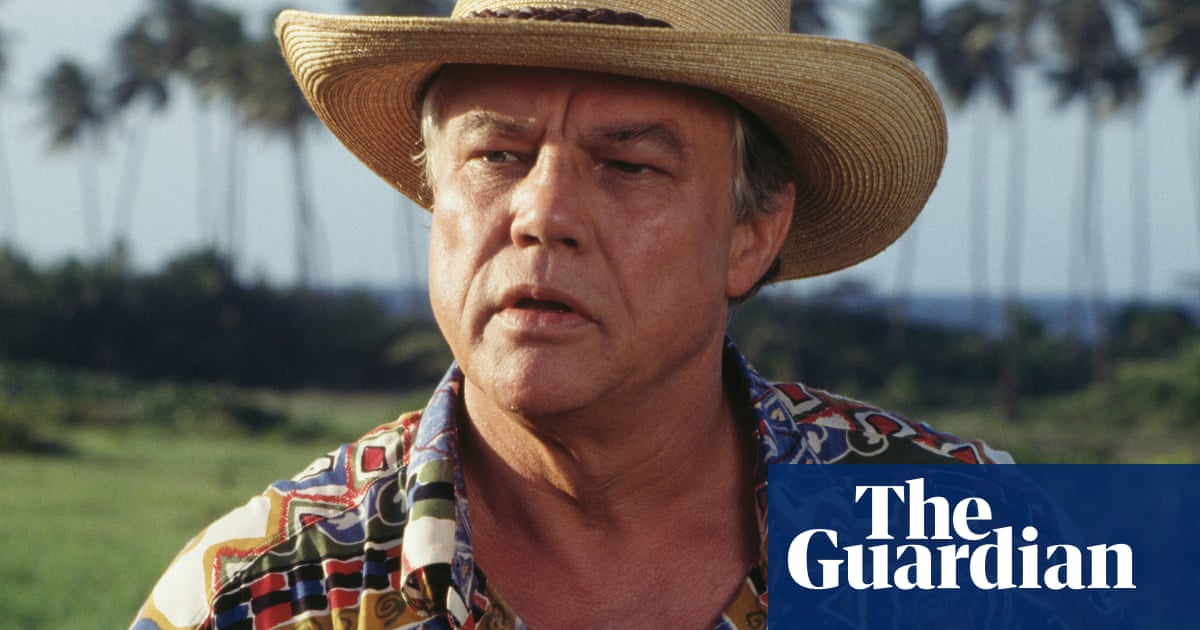Tough-guy actor Joe Don Baker, a prolific performer in movies as varied as GoldenEye, Cape Fear and Mud, as well as the BBC TV series Edge of Darkness,has died aged 89.
Born in 1936, Baker grew up in small town Texas, and studied business administration at North Texas State College. After a period in the army, Baker moved to New York and joined the Actors’ Studio in the early 1960s, where he was a contemporary of Rip Torn. Baker made his Broadway debut in 1963 with the Actors’ Studio company, appearing in Marathon ’33, about the dance marathons of the Great Depression, and made his film debut in an uncredited role in 1967 in Cool Hand Luke. He also appeared in numerous TV series, including the pilot episode of a western show called Lancer in 1968, the making ofwhich was fictionalised by Quentin Tarantino in Once Upon a Time in Hollywood, with Leonardo DiCaprio’s Rick Dalton in Baker’s role.
However it was a role as Steve McQueen’s character’s brother Curley in Sam Peckinpah’s 1972 rodeo drama Junior Bonner that got Baker noticed. He was then cast in a rare lead role, as real-life lawman/vigilante Buford Pusser in 1973 film Walking Tall, directed by Phil Karlson; it became a surprise hit and Baker followed it up with other hard-bitten crime films including Charley Varrick, directed by Don Siegel, and The Outfit opposite Robert Duvall and Karen Black.
Baker had more lead roles in the late 70s, but remained better known as a reliable supporting actor in the following decade, appearing in baseball drama The Natural (as “the Whammer”, modelled on Babe Ruth), Chevy Chase detective comedy Fletch and thriller Getting Even. In 1985 Baker was cast as CIA agent Darius Jedburgh in Edge of Darkness, the landmark political thriller TV series starring Bob Peck and Joanne Whalley.
Baker’s performance in Edge of Darkness got him attention from the producers of the 1987 Bond film The Living Daylights, in which he was cast as arms dealer Brad Whitaker. Baker would make the rare switch from Bond villain to Bond good guy when he was cast in 1995 in GoldenEye as helpful CIA agent Jack Wade, a role he reprised in Tomorrow Never Dies.
A stream of smaller roles kept him busy, appearing in Martin Scorsese’s Cape Fear remake, Gen X satire Reality Bites, and Steven Soderbergh’s noir drama The Underneath. He later appeared in the feature film version of The Dukes of Hazzard and his final film role in Mud, which starred Matthew McConaughey, after which he retired.
Baker was married to Marlo Baker between 1969 and 1980, and is not known to have had any children.
